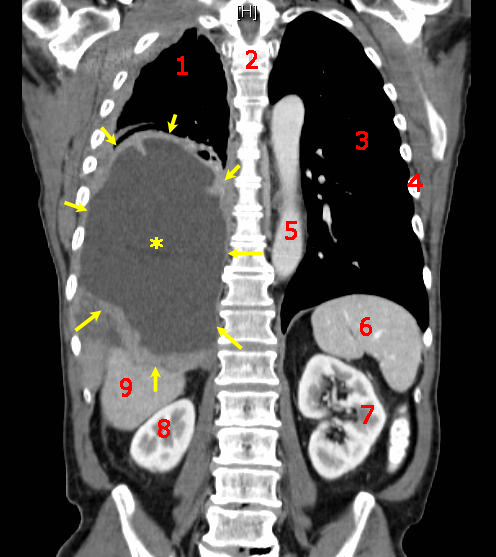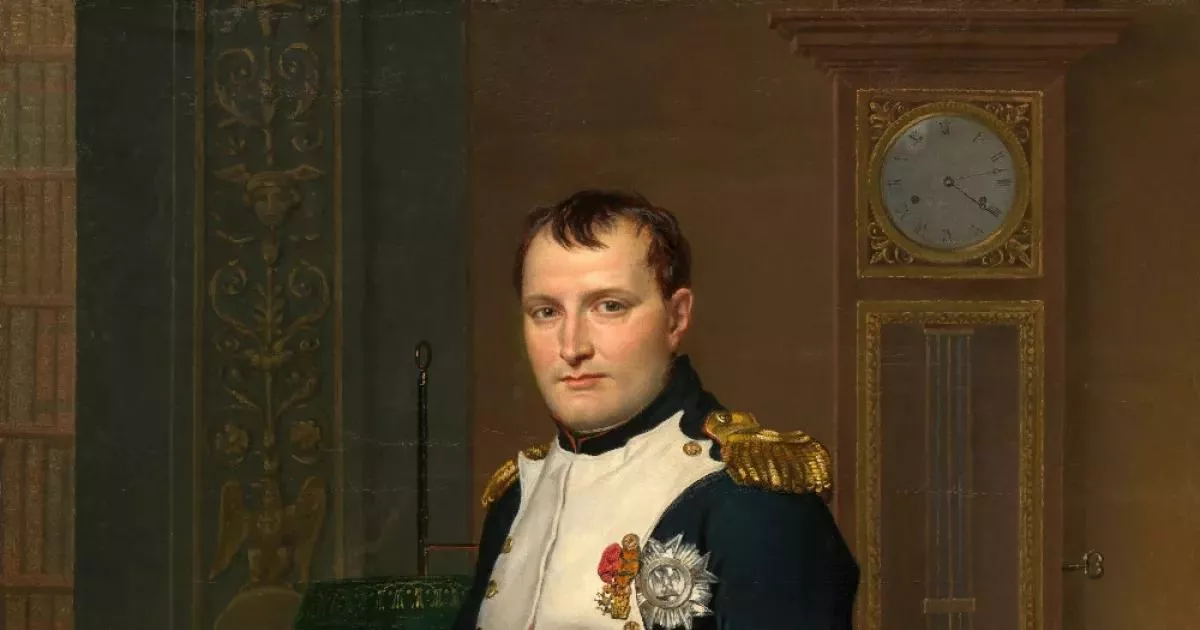Napoleon Bonaparte was a French military and political leader who rose to prominence during the French Revolution. He led successful campaigns in Europe, becoming First Consul of France (1799-1804) and then Emperor (1804-1814, and briefly in 1815). He also served as King of Italy and Protector of the Confederation of the Rhine. His reign involved near-constant warfare, significantly shaping Europe before his final defeat.
1947: Comparison to Hitler
In 1947, Pieter Geyl compared Napoleon to Adolf Hitler.
1947: Pieter Geyl's perspective on Napoleon
In 1947, Pieter Geyl highlighted the subjectivity in historical interpretation, noting that historians from different periods would inevitably view Napoleon differently.
1999: Increased Historical Research on Napoleon
From 1999 to 2015, there was a sharp increase in historical books, articles, and symposia dedicated to Napoleon and his era, marking the bicentenary years.
2005: Comparison to Hitler by Claude Ribbe
In 2005, Claude Ribbe also compared Napoleon to Adolf Hitler.
2015: Increased Historical Research on Napoleon
From 1999 to 2015, there was a sharp increase in historical books, articles, and symposia dedicated to Napoleon and his era, marking the bicentenary years.
2021: Study Concludes Napoleon Died of Stomach Cancer
In 2021, an international team of gastrointestinal pathologists concluded that Napoleon died of stomach cancer, reinforcing earlier autopsy reports.
Mentioned in this timeline

Cancer is a collective term for diseases characterized by abnormal...
Trending

6 months ago Clippers provide update on Kawhi Leonard's condition after injury struggles, future plans.

2 months ago Christopher Meloni envisions a perfect 'Law & Order: SVU' conclusion for Benson and Stabler.

2 months ago Naji Marshall Scores 18 Points and 8 Rebounds in Mavericks Win Against Clippers.

8 months ago Tommy Paul at Roland Garros 2025: Match Predictions and Odds Analysis

3 months ago Aryna Sabalenka aims for first WTA Finals title amid strong competition in Riyadh.

2 months ago Warriors' Commitment Questioned After Loss; Green, Butler Criticize Teammates; Curry's Reaction?
Popular

Thomas Douglas Homan is an American law enforcement officer who...

Martin Luther King Jr was a pivotal leader in the...

XXXTentacion born Jahseh Dwayne Ricardo Onfroy was a controversial yet...

Instagram is a photo and video-sharing social networking service owned...

KFC or Kentucky Fried Chicken is an American fast-food chain...

Jupiter is the fifth and largest planet from the Sun...
